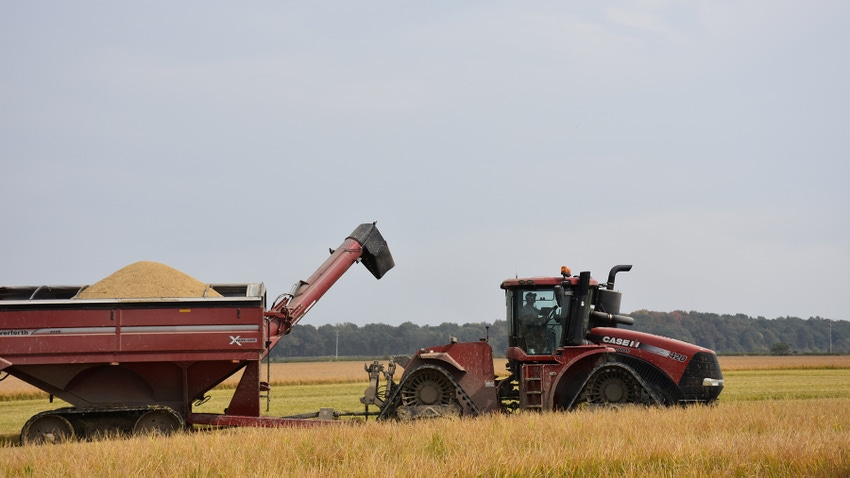October 17, 2023

The USA Rice Federation continues to take steps to try to restore Cuba to its position as the largest importer of U.S.-grown rice before the United States imposed an embargo on all U.S. exports to the island in 1962.
Members of the USA Rice staff and Mark Isbell, a producer who farms in Humnoke, Ark., participated in a roundtable discussion with Cuban President Miguel Diaz-Canel at Cuba’s Permanent Mission to the United Nations in New York on Sept. 22.
They were among a group of private sector representatives from the agriculture, banking, hospitality, shipping and logistics industries attending the meeting. Cuba’s deputy foreign minister and its representatives to the UN and its U.S. Embassy also participated in the event.
Participants shared frustration over the lack of the Biden administration’s and Congress’ engagement with Cuba, according to a report in the USA Rice Daily. They also encouraged the Cuban president to continue efforts to improve investment by the Cuban private sector.
“This meeting was a unique opportunity to get in front of a foreign leader where there is so much potential for new business and growth on both sides of the equation,” said Isbell, who played host to staff members from the Cuban Embassy in Washington at his family’s farm in September 2022.
“We are encouraged by recent commercial shipments of U.S. rice to Cuba, but a lot of work is still needed to move the needle in Congress, and this Administration will also need to engage more seriously with Cuba for there to be substantive improvements.”
UN talks
In a speech to the United Nations General Assembly earlier in the week, President Díaz-Canel called for more equality for developing nations while also criticizing the U.S. trade embargo on Cuba, which is now the longest running blockade in history. The embargo was first placed on arms shipments to Cuba in 1958 and later extended to almost all types of shipments.
The release last year of previously declassified documents show the initial concept of the expansion of the U.S. blockade in 1962 was to create “hardship and disenchantment” among the Cuban people so they would overthrow Cuban President Fidel Castro. Castro remained in power until he turned the office of the presidency over to his brother, Raul Castro, in 2008. Diaz-Canel was elected president in 2021.
“While I and many others in our industry hope to see greater growth in Cuban private industry and more opportunity and freedoms for its people, I believe more trade is the best way to bring about those ends,” said Isbell.
USA Rice officials help lead the U.S. Agriculture Coalition for Cuba and continues to advocate improvements in the U.S.-Cuba relationship with a focus on permitting U.S. companies to finance sales to better compete with agricultural goods from foreign nations, the USA Rice Daily said.
Read more about:
TradeAbout the Author(s)
You May Also Like






